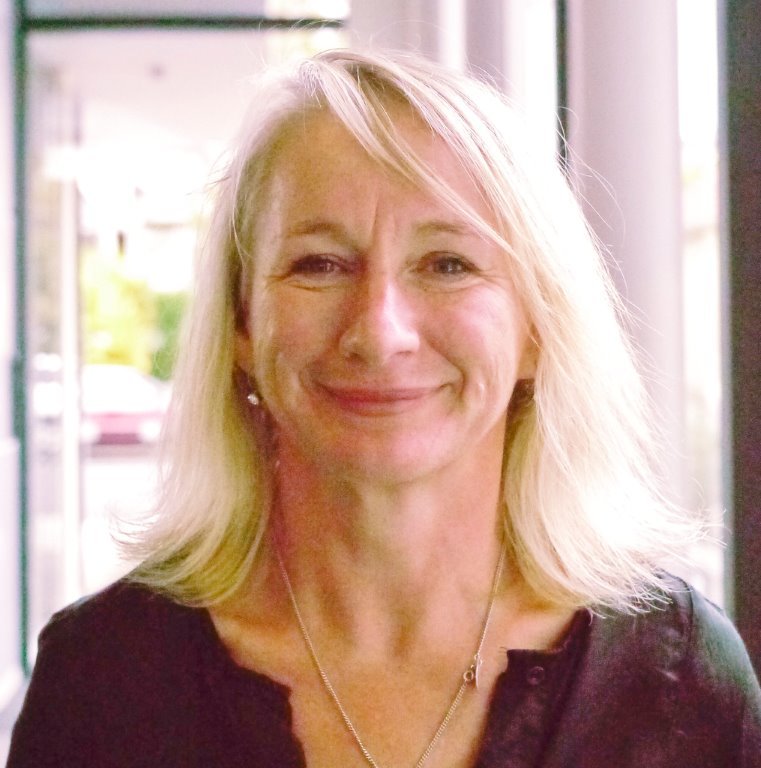Birthing units decision set for April
Sue Wards, Editor
17 February 2021, 5:06 PM
 Midwives have been working with the SDHB on ways to operate two regional birthing units.
Midwives have been working with the SDHB on ways to operate two regional birthing units.The way primary birthing services will be configured in this region will be decided in April, the Southern District Health Board (SDHB) has confirmed.
Last week the SDHB completed a series of workshops with midwives in Central Otago and Wanaka, looking at possible ways to operate two proposed primary birthing units: one at Dunstan Hospital in Clyde and another in Wanaka.

“The DHB will now consider the feedback from the workshops and the matter will go to the board meeting in early April and we will communicate next steps after that,” SDHB rural health acting general manager Debi Lawry told the Wanaka App.
Currently, Wanaka women must travel for an hour to the closest primary birthing unit (in Alexandra), and three and a half hours to a base hospital (in Dunedin).
The recommendation to establish two new primary birthing units was developed by the SDHB and the Central Lakes Locality Network in November last year following months of consultation with families and health providers across the region, including two public meetings, and 500 written submissions and survey responses.
The SDHB said, however, that establishing two units for the area would require developing an operating model in collaboration with local midwives, to ensure the units are sustainable with the number of projected births in the region.
If such an operating model could not be achieved, the SDHB will consider a single birthing unit for the Central Otago/Wanaka area, located at either Dunstan Hospital or at a new undetermined site in Cromwell.
The existing primary birthing unit at Lakes District Hospital in Queenstown will remain in place.

Wanaka midwife Emma Bilous said creative solutions are required.
Long-term Wanaka midwife Emma Bilous (now lecturer/student practice facilitator at the Central Otago satellite site for the Otago Polytechnic) said last year the SDHB’s decision was made with “a degree of confidence” that the various groups can work together successfully.
“To put it in a national context, there isn’t a perfect outcome for an area like Wanaka which is unique because of the relatively large birthing population and the largest distance to a base hospital,” she said, adding the SDHB had to be creative in identifying solutions.
SDHB acting chair Dr David Perez acknowledged the community’s input and the work of the LMC midwives in exploring alternative models.
“We look forward to continued progress in confirming that a two-model solution, including a long-awaited birthing unit in Wanaka, can be brought to reality,” he said.




